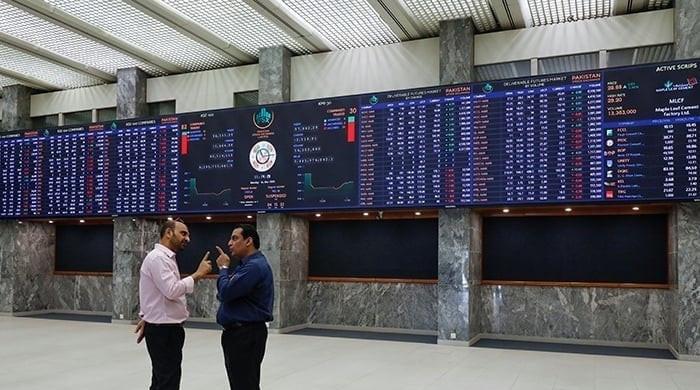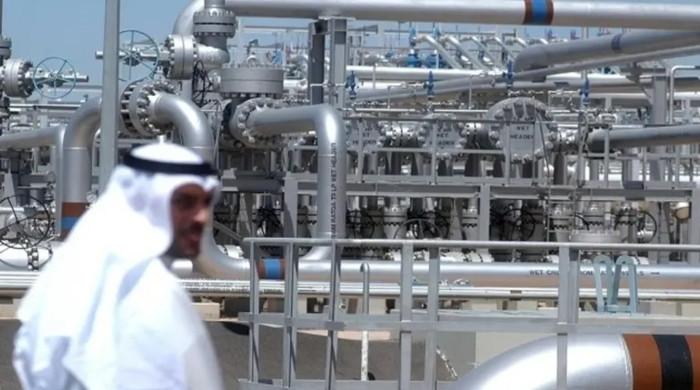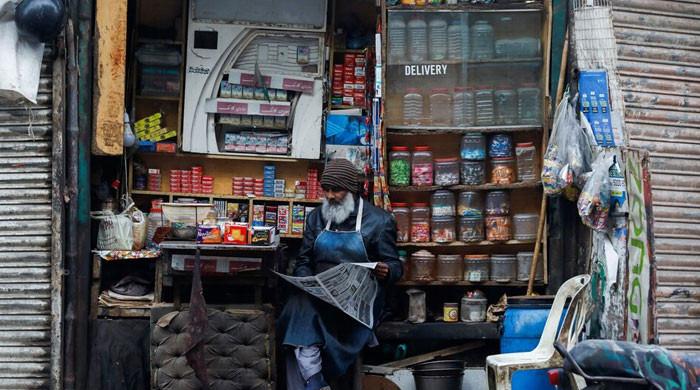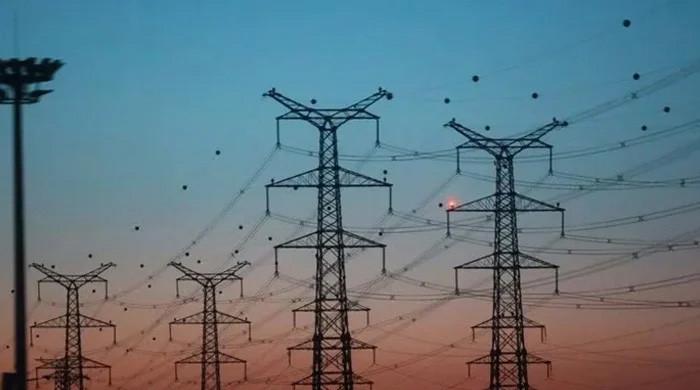Pakistan borrows $22.5bn in FY22 to prevent depleting foreign reserves
Due to govt's inability to restart IMF programme, Pakistan had to rely on loan disbursements for project financing
July 26, 2022

- Pakistan obtains total foreign loans of $22.5 billion in fiscal year 2021-22.
- Government could not restart the IMF programme.
- The loan was acquired to avoid rapid depletion of foreign currency reserves.
Pakistan has obtained total foreign loans of $22.5 billion in fiscal year 2021-22, including highly expensive $2.24 billion commercial loans just last month (June 2022) to avoid rapid depletion of foreign currency reserves.
Due to the government's inability to restart the IMF programme, Islamabad was unable to obtain budgetary/policy loans from multilateral creditors and had to rely on loan disbursements for project financing. In such a case, the government would have to rely on commercial loans, bilateral deposits, the issuance of international bonds, and guaranteed loans to bridge the financing gaps.
However, the external debt repayments and increased imports bill resulted in depleting of foreign currency reserves and the foreign exchange reserves declined from $20 billion to below $10 billion till June 30, 2022. Till July 15, 2022, the foreign exchange reserves had further declined to $9.3 billion, The News reported.
In bilateral lenders, Saudi Arabia has become the largest lender in the last fiscal year and provided over $400 million in FY2022.
The Economic Affairs Division (EAD) data showed the government received total loans and grants of $17 billion ($16.98 billion exactly) in the last fiscal year 2021-22 ended on June 30, 2022 against $14.2 billion received in the previous fiscal year 2020-21.
However, according to the State Bank of Pakistan (SBP) data, they received $4.606 billion in Roshan Digital Accounts out of which $2.9 billion were received for Naya Pakistan Certificate till June 22, 2022. Pakistan also received $1 billion tranche from the IMF after completion of the 6th Review under the $6 billion Extended Fund Facility (EFF) in February 2022.
According to the official data released by EAD, Islamabad received $4.8 billion from multilateral creditors during the last fiscal year out of which the Asian Development Bank (ADB) disbursed a loan of $1.62 billion. The Asian Infrastructure Investment Bank (AIIB) disbursed $41.6 million, ECOT/Bank $52.3 million, European Union (EU) $22.55 million, World Bank’s IBRD $259.6 million, WB’s IDA $1.32 billion, Islamic Development Bank (IDB) $78 million, Islamic Development Bank (short-term) $1.327 billion, IFAD $43.13 million, Japan $0.55 million, MDTF $6.1 million and OFID $50 million.
The bilateral donors provided $708 million to Pakistan in the last fiscal year as China disbursed $162.6 million, France $15.5 million, Germany $16.68 million, Japan $20 million, Korea $5.51 million, Kuwait $0.11 million, Oman $0.75 million, Saudi Arabia $401.09 million, UK $16.01 million and USA $69.82 million.
The multilateral and bilateral creditors had provided $5.536 billion during the last financial year 2021-22.
The government generated $2.04 billion through international bonds in the last fiscal year. The last PTI led regime had launched both Eurobond and Sukuk bond for raising dollar inflows.
Through commercial loans, the government raised $4.863 billion in the last fiscal year out of which $2.24 billion were generated alone in June 2022. It seemed that Islamabad was left with no other options but to generate dollar inflows through this easy mode of raising dollars at a time when the foreign exchange reserves were declining at a rapid pace.
The government received time deposits of $3 billion in the current fiscal year from Saudi Arabia. The government also generated $1.532 billion in the shape of guaranteed loans in the last financial year.











